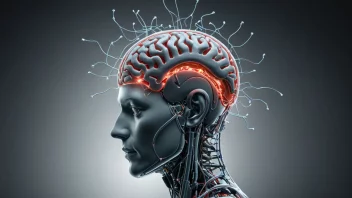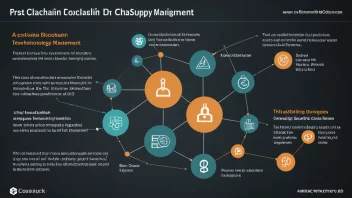What is Quantum Computing?
Quantum computing is a revolutionary technology that harnesses the principles of quantum mechanics to process information in fundamentally different ways than traditional computers. Unlike classical bits that represent either a 0 or a 1, quantum bits, or qubits, can exist in multiple states simultaneously, allowing for more complex calculations and problem-solving capabilities.
How does Quantum Computing differ from Classical Computing?
Quantum computing differs from classical computing primarily in its use of qubits and quantum phenomena like superposition and entanglement. While classical computers perform calculations in a linear fashion, quantum computers can evaluate many possibilities at once, potentially leading to exponentially faster processing times for certain tasks.
What are some potential applications of Quantum Computing in Engineering?
- Optimization Problems: Quantum computers can solve complex optimization problems more efficiently, which is crucial for engineering design and logistics.
- Material Science: They can simulate molecular interactions at a quantum level, leading to the discovery of new materials with desired properties.
- Structural Analysis: Quantum computing can enhance simulations for structural integrity assessments in engineering projects.
- Machine Learning: Quantum algorithms may improve data processing and pattern recognition in engineering applications.
What are the current challenges facing Quantum Computing?
Despite its potential, quantum computing faces several challenges, including:
- Decoherence: Qubits are sensitive to their environment, which can cause them to lose their quantum state.
- Error Rates: Current quantum systems have high error rates, necessitating error correction methods.
- Scalability: Building larger quantum systems that can outperform classical computers is still a significant hurdle.
Who are the leading figures in Quantum Computing research?
Several prominent researchers and organizations are at the forefront of quantum computing:
- John Preskill: A physicist known for coining the term "quantum supremacy" and for his work on quantum information theory.
- IBM Quantum: A leader in developing quantum computers and making them accessible through the IBM Quantum Experience.
- Google Quantum AI: Known for achieving quantum supremacy with their Sycamore processor.
What is the future outlook for Quantum Computing in Engineering?
The future of quantum computing in engineering looks promising. As technology advances, we can expect:
- Increased Accessibility: More engineers will have access to quantum computing resources, enabling innovation.
- Integration with Classical Systems: Hybrid systems that combine classical and quantum computing will likely emerge, optimizing workflows.
- New Discoveries: Breakthroughs in material science, optimization, and machine learning will transform engineering practices.
How can I learn more about Quantum Computing?
To further understand quantum computing, consider the following resources:
- Online Courses: Platforms like Coursera and edX offer courses on quantum computing fundamentals.
- Books: Titles such as "Quantum Computation and Quantum Information" by Nielsen and Chuang provide in-depth knowledge.
- Research Papers: Reading current research papers can keep you updated on the latest advancements in the field.
In conclusion, quantum computing holds immense potential for transforming engineering practices. As researchers continue to overcome challenges, we can expect innovative applications that will redefine problem-solving in various engineering fields. Whether you're a professional in the industry or a curious individual, staying informed about developments in quantum computing is essential for understanding the future of technology.






